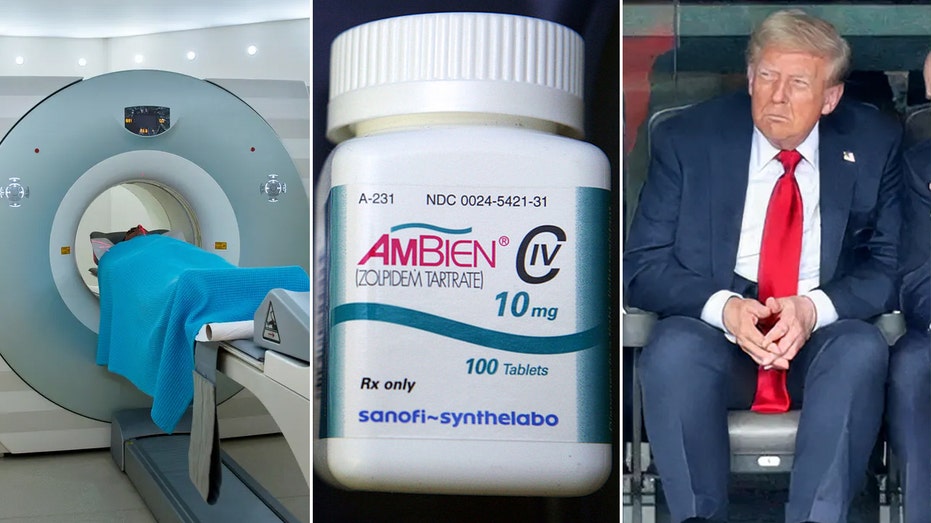Sunlight Exposure: A Hidden Key to Unlocking Your Health?

Sarah Johnson
March 17, 2025
Brief
Health experts highlight sunlight's powerful benefits for sleep, mood, immunity, and heart health. Moderate sun exposure boosts vitamin D, reduces inflammation, and supports overall well-being.
As spring rolls in and the warming sun graces our skies, health experts suggest we might be underestimating the transformative power of sunlight. Dr. Roger Seheult, a critical care physician and pulmonologist, emphasizes that sunlight exposure isn't just about soaking up warmth—it's a game-changer for sleep, mood, and overall health.
Dr. Seheult explained that sunlight helps regulate circadian rhythms, ensuring better sleep and mood stability. He pointed out how seasonal affective disorder often stems from the lack of sun during winter—something many of us endure with a grumpy shrug.
Historically, doctors have been aware of the sun's healing potential since the 1920s, when hospitals used sundecks to provide patients with doses of natural light and fresh air. But with the advent of wonder-drugs like penicillin, light therapy took a backseat to modern medicine.
Fast forward to today, and the benefits of sunlight are still undeniable. The sun's ultraviolet B (UV-B) rays trigger vitamin D production—a known anti-inflammatory and antioxidant crucial for immune health, muscle function, and brain activity. Infrared light from the sun also helps reduce pain and inflammation.
Dr. Seheult advises spending 15 to 20 minutes a day in sunlight to boost immunity and potentially stave off chronic diseases. Of course, he acknowledges the warnings about skin cancer due to overexposure, but recent studies suggest that moderate sun exposure could actually lower all-cause mortality rates, including cancer.
Adding to the discussion, Dr. Richard Weller, a dermatology professor at the University of Edinburgh, published findings suggesting that sunlight provides health benefits beyond vitamin D. The release of nitric oxide from the skin during sun exposure can reduce cardiovascular risks—a reminder that the sun may be more friend than foe.
Dr. Seheult encourages a balanced approach to sunlight. Fair-skinned individuals or those sensitive to UV rays can use protective clothing and still reap the benefits of infrared light, which penetrates clothing and reaches deep into the body. He also notes that sunlight remains accessible on cloudy days or in urban areas, where indoor lighting pales in comparison to the brightness of the great outdoors.
For office dwellers trapped under artificial light, the doctor suggests quick outdoor breaks to soak in the sun’s infrared glow, particularly during morning or evening hours when the risk of burns is minimal.
Looking ahead, Dr. Seheult hopes for a more integrated approach to health—combining modern medicine with holistic practices like sunlight exposure. "Sunlight and fresh air are universally accessible," he says, "and they don't rely on supply chains, especially during crises like pandemics."
So, while sunscreen remains a smart companion, maybe it's time to reconsider the sun as a life-giving force rather than a "deadly laser," as Seheult humorously puts it. After all, a little sunlight could unlock a brighter, healthier you.
Topics
Editor's Comments
It’s intriguing how something as simple as sunlight—basically free and globally available—might be one of the most overlooked health boosters. But isn’t this the story of life? We chase complexity while the most effective solutions are often right under our noses—or in this case, above our heads. Also, the idea of sunlight reducing cardiovascular risks through nitric oxide release feels like science fiction come to life. Who knew?
Like this article? Share it with your friends!
If you find this article interesting, feel free to share it with your friends!
Thank you for your support! Sharing is the greatest encouragement for us.



